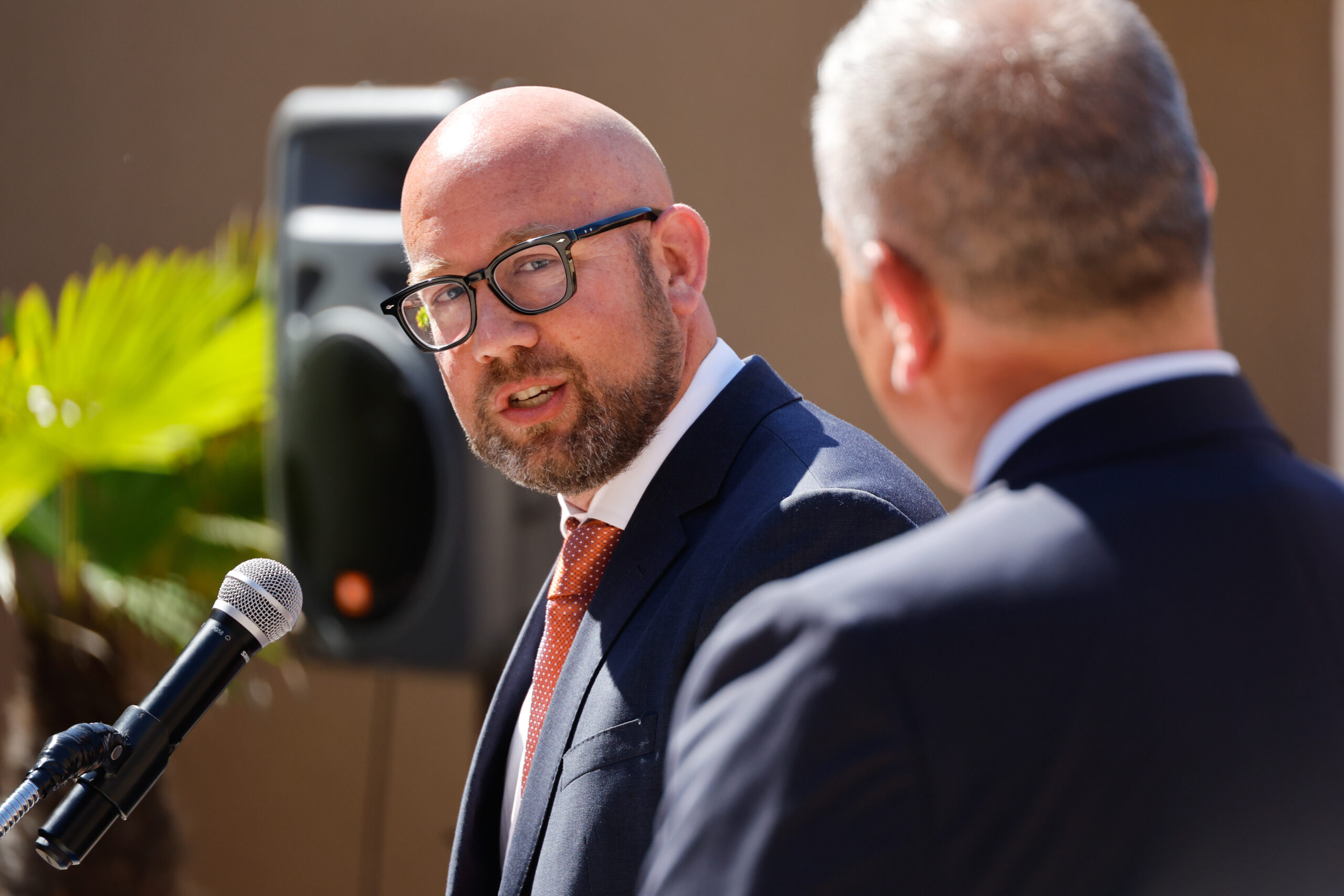The notion that good government is boring is an old saw in politics—and a look at this week’s Board of Supervisors agenda might well convince you that, at least by that narrow standard, San Francisco has achieved good governance.
Virtually everything on this week’s agenda appears to be a rote housekeeping item, ranging from adoption of new construction codes to routine acceptance of grants.
But this is San Francisco, where everything is always up for debate. And just weeks away from a consequential election that could reshape the board, there are a few items at the Board of Supervisors and their committees worth keeping an eye on.
Fourplex, Second Reading
By this point, we’ve almost lost track of how many “fourplex”-related hearings have happened at the board since Supervisor Rafael Mandelman raised the idea of densifying SF neighborhoods last year. This one, a second reading of a density bill passed last week, is a pro forma affair confirming the first vote.
All legislation passed by the San Francisco Board of Supervisors goes through two “readings” where members cast votes. You’d be forgiven for being confused, since in many other California jurisdictions a “first reading” is essentially an introduction of a bill and the “second reading” is the final vote.
Under state law, city councils must vote on local ordinances twice, and the votes must be five days apart. In San Francisco, where major changes to ordinances are often handled in committee, the second reading is usually a formality.
Emphasis on “usually.”
Back in 2020, the board passed an ordinance that would expand a ban on tobacco smoking in the common areas of apartment buildings to the residential units themselves, similar to bans in other jurisdictions. It was sponsored by then-Board President Norman Yee, whose term was expiring.
But on second reading, Supervisor Aaron Peskin and a handful of other members voted down the ordinance, citing unintended consequences for protected tenants. Although there were promises to review the ordinance, it was never seen again.
Up for a second reading on Tuesday is the latest iteration of “fourplex” upzoning legislation shepherded by Supervisors Mandelman and Myrna Melgar. Despite high drama around the first iteration—including a veto by Mayor London Breed—nobody sees any wolves over the hill on this one.
“Not getting any indication from colleagues that any more of them will be voting against it tomorrow, and the mayor has said she will sign, so (fingers crossed) we do seem to be in the home stretch,” Mandelman told The Standard. “And I do think it is a good piece of legislation that will help the city add units over time in a way that makes sense for existing neighborhoods.”
Recognizing Gender Expression
Supervisors are also expected to pass an ordinance that will update the city’s discrimination laws.
The ordinance would update the definition of protected persons to include a greater spectrum of gender identity and expression. According to the legislative digest, the existing definitions “are based on a limited understanding of the spectrum of identities, which has evolved.”
The amendments will revise those terms and also add a new one, “gender expression,” with the goal of “making the definitions of gender identity/sex/orientation to be less binary and more inclusive,” according to a spokesperson from co-sponsor Mandelman’s office.
The board’s Rules Committee is discussing the proposed updates today before they pass on to the full board.
Later on Tuesday, supervisors are also set to pass a resolution declaring this week as Asexual Awareness Week.
Asexual Awareness Week, or “Ace Week,” has been recognized in other cities from Copenhagen to Perth, Australia. According to the legislation, there are at least 395,000 people in California who identify as asexual, or ace.
“Local asexual (or “ace”) communities have long found a home in San Francisco, with its significant history of support for LGBTQIA+ people more generally, and we welcome this next step as San Francisco continues to stand on the forefront of ace community acceptance as well,” said Mary Kame Ginoza, lead organizer at Asexuality SF. “We’d like to thank co-sponsors Matt Dorsey, Rafael Mandelman and Connie Chan for their support of this campaign.”
Drug Treatment, Harassment at Schools
Meanwhile, Thursday’s meeting of the Public Safety and Neighborhood Services Committee meeting will take on more exigent issues—including the long debate on drug treatment.
One hearing deals with the city’s annual Treatment on Demand report, which is required by a 2008 ordinance known as Proposition T. Previous hearings have turned into debates—like a May 2021 hearing that morphed into a long discussion on the role of abstinence and harm reduction-based treatment models.
Expect Mandelman, who called the most recent hearing, to have hard questions for the Department of Public Health on why it’s failing to meet the city’s treatment on demand goal—a critical issue in light of the city’s overdose crisis.
In the wake of increasing student frustration, the committee will also examine the San Francisco Unified School District’s response to sexual harassment and assault.
